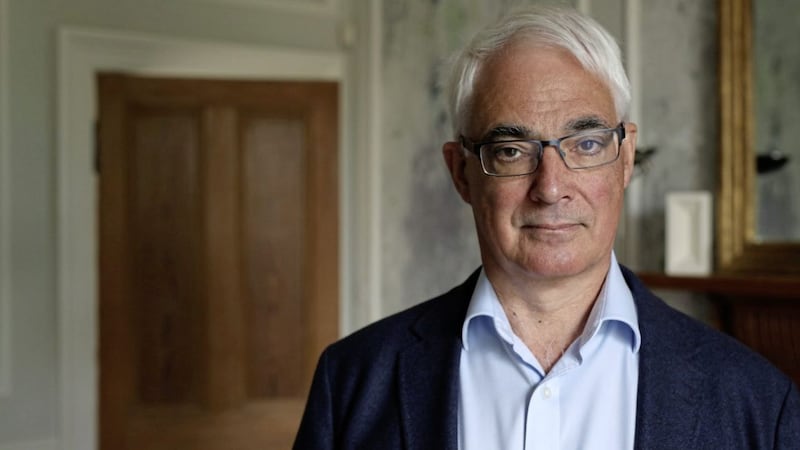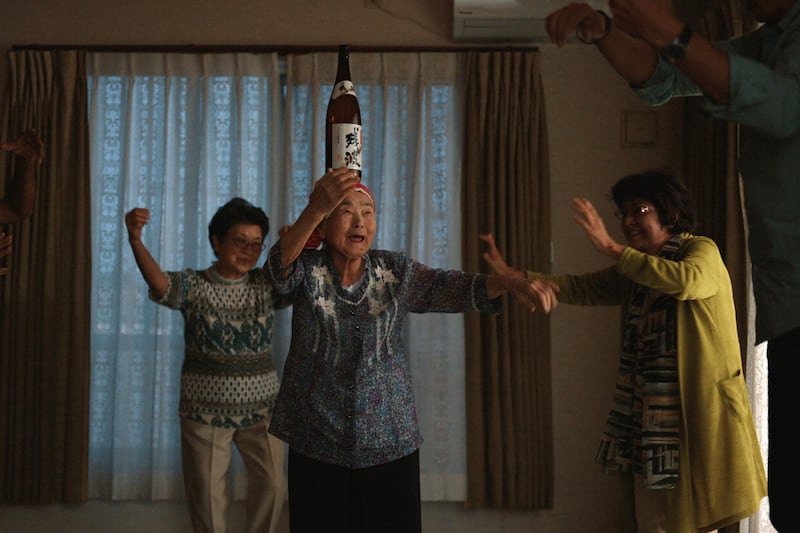The Bank That Almost Broke Britain, BBC2, Tuesday at 9pm
Alistair Darling was Chancellor of the Exchequer when he took a call from Fred Goodwin on the morning of October 7, 2008 - exactly 10 years ago tomorrow.
Goodwin, or ‘Fred the Shred’ as he was known in the industry, was chairman of Royal Bank of Scotland, an aggressive, growing company which at the time was the largest bank in the world with assets of £2.2 trillion.
Goodwin didn’t have good news for the chancellor or taxpayers. His bank’s share price was in freefall, there was a run on its funds and he couldn’t raise sufficient loans.
“How long can you last?” Darling asked. “We won’t get to the end of the day,” Goodwin answered.
The world’s largest bank had essentially run out of money.
Darling had to attend an EU finance ministers’ meeting - to skip it would have alarmed the markets - and didn’t get back to Whitehall with his team until late afternoon, when they would consider their country’s most momentous decision since the end of the Second World War.
As Robert Peston put it: “It was time to turn the lights out and get under the duvet with a shotgun and a supply of baked beans.”
The Bank That Almost Broke Britain was the story of how Darling and his team put together a plan to save the banking system and by extension the economy and the country.
It meant nationalising RBS at a cost to taxpayers of £45 billion and providing another £5 billion to recapitalise the other banks.
The plan was to convince the markets that the British government and the Bank of England, as lender of last resort, would do whatever it took to support its banks.
“If it didn’t work there was nothing else to be done. You don’t get two shots at it,” said Darling.
These decisions were being made in finance ministries across the world following the collapse of Lehman Brothers in mid-September.
On September 30, Irish finance minister Brian Lenihan announced an astonishing E440 billion guarantee of the liabilities of Ireland’s banks.
The Bank That Almost Broke Britain had interviews with many of the key players and analysts, including Darling and Mervyn King, the then governor of the Bank of England, although Goodwin didn’t oblige.
And for once we didn’t have a celebrity presenter, just a narrator giving us the cold hard facts. There was enough drama in the figures. Brilliant television.
***
The Cry, BBC 1, Sunday at 9pm
Jenna Coleman stars in the latest BBC drama launch, The Cry.
Coleman, probably best known as Jasmine in Emmerdale, plays Joanna, a struggling new mum whose baby Noah is abducted while she is visiting Australia with her fiance Alistair.
Or perhaps Noah wasn’t abducted. The drama jumped back and forth in time between the disappearance of Noah from a car outside a shop shortly after the couple had landed in Melbourne and Joanna being interviewed by a court appointed psychiatrist.
Joanna had clearly been having difficulty coping with the newborn’s crying and a 24-hour flight to Australia may have pushed her over the edge.
Then again, Alistair was a bit odd, didn’t give much help with the baby and was very focused on getting custody of his teenage daughter from a previous relationship and now living in Australia.
The ex-wife Alex had a drink problem, didn’t have the money to fight the custody case and was desperate not to see her daughter taken back to England.
Coleman was brilliant as the struggling mum, but it was all a bit grim for me. Perhaps the load will lighten as we progress into the full blown whodunnit.








